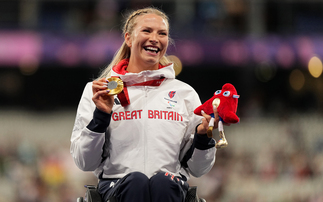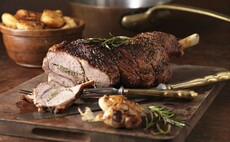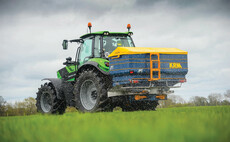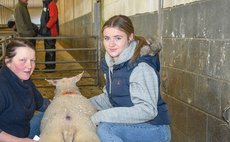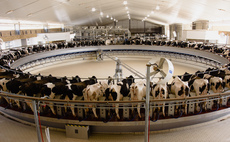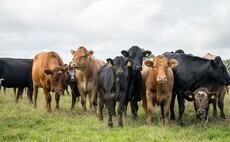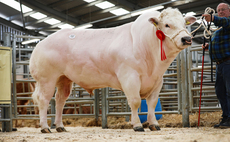
Over the past five years, consumer eating habits have transformed, with changes driven by Covid lockdowns, increasing food prices, and a shift toward remote work. Despite these shifts, one thing has remained consistent: meat continues to be a popular choice for family meals.
According to a Kantar Usage panel, over half of all mealtimes (53.1%) feature Meat, Fish, and Poultry (MFP). When it comes to red meat, it's becoming even more common in lunch and dinner meals, appearing in 27.8% of occasions, an increase from 27.6% a year ago. This consistent popularity comes despite the ongoing pressure of rising food prices.
One area where meat has made significant gains is in lunchtime meals. Since the start of the Covid pandemic in 2019, more people have chosen meat-based lunch options like cooked meats, pies, and sandwiches. Sandwiches remain the number one choice for lunch, making up over 35% of all lunch occasions, while soup comes in second, chosen on 7.3% of occasions. These popular choices are not only quick and easy to prepare but also cost-effective, which may explain their rising popularity.
The trend toward more hot meals during the day has also been evident. More consumers are opting for hot breakfasts and lunches, with a 1.4 percentage point increase in hot breakfasts and a 3 percentage point increase in hot lunches compared to 2019. Fried breakfasts and omelets are among the popular hot breakfast options, while soups and pasties are common hot lunch choices.
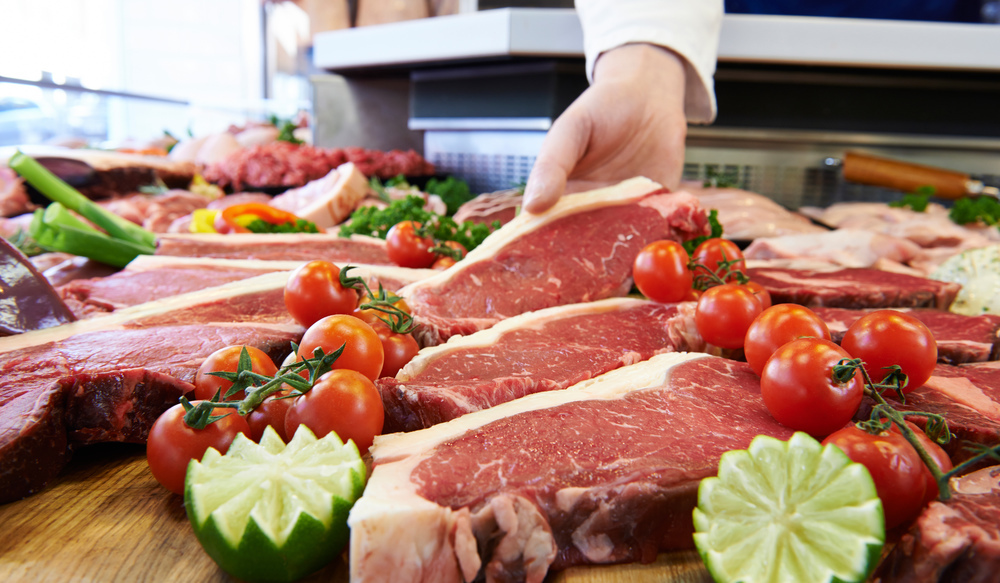
The ongoing cost-of-living crisis has prompted many consumers to seek out alternative meat cuts to save money, leading to an increase in versatile and nutrient-rich dishes like Italian and Indian cuisine. These dishes are typically made with meat and have proven to be popular with families due to their variety and heartiness.
Cost-conscious consumers are also focusing on filling meals, with the demand for substantial dishes rising from 27.5% to 29.2% over the past four years. To achieve this, people are increasingly turning to affordable carbohydrates like rice and pasta to bulk out their meals. This approach helps to stretch their food budgets while also reducing waste by using up cupboard stocks.
AHDB's Retail and Consumer Insight Manager, Vanessa Adamson, sees this trend as an opportunity for red meat to gain further popularity within family dining. She emphasizes the importance of promoting easy-to-prepare meaty meals that can be part of a healthy, balanced diet. Campaigns like AHDB's "Let's Eat Balanced" aim to raise awareness and foster positive attitudes toward naturally produced British red meat and dairy.
Despite the evolving landscape of consumer eating habits, meat continues to be a reliable and popular choice for family dinners, with its versatility, cost-effectiveness, and heartiness keeping it at the forefront of many meals.
To read the full article visit:









